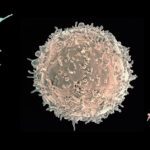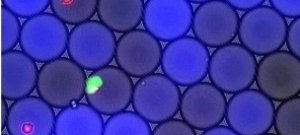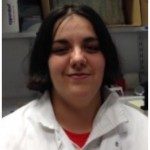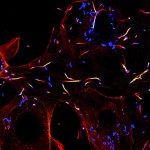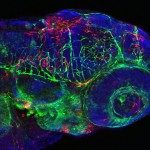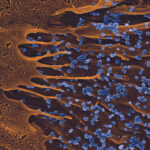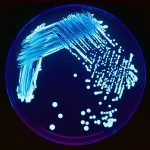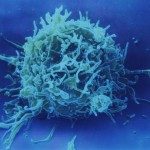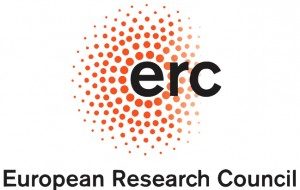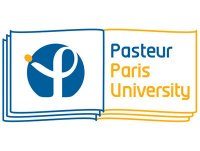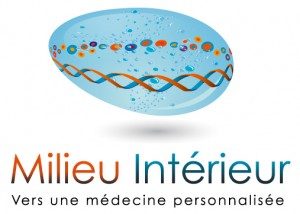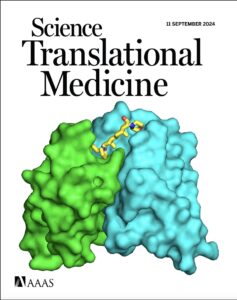Antibodies in Therapy & Pathology (INSERM UMR 1222): focus on Allergy, Autoimmunity and Immunotherapy.
Antibodies are key effectors of the immune system. They are responsible for disease induction and progression in some autoimmuney and allergic diseases, but can also be used as therapeutic agents. Antibodies are secreted by terminally differentiated B cells i.e., plasmablasts and plasma cells. Antibodies do not generally exert by themselves, however, biological functions: these are mainly mediated by antibody receptors (FcRs) and complement components e.g., C1q.
Aims:
1) Decipher the role of human antibodies and the cells expressing them (memory B cells and plasma cells) human antibody receptors (FcRs) and the cells expressing them (neutrophils, monocytes/macrophages, platelets, mast cells, basophils), during therapy and in the induction of pathology (severe allergy & autoimmunity), using primarily mouse models “humanized” for these components.
2) Establish high-throughput memory B cell & plasma cell screening, analysis and/or sorting using single-cell sorting and cultures, and droplet microfluidics technologies to understand the diversity of the antibody response, the antibody repertoire and their specificities & affinities, and demonstrate the pathogenic nature of some of these antibodies in animal models.
3) Develop clinical studies (MEDIREP; NASA; ENDOPHEN) to understand how antibodies and their effector functions induce/regulate autoimmune and allergic diseases, and how they develop after vaccination. Diseases: Immune Thrombopenic Purpura (ITP) & Perioperative Anaphylaxis.
4) Develop novel antibody-based therapeutics for allergic and autoimmune disorders
Altogether, our research integrating fundamental, clinical and industry-driven approaches, aims at elucidating the role of antibody-related mechanisms in major disease and therapy models and, hopefully, propose novel therapeutic solutions in antibody-based therapies.
RECENT HIGHLIGHTS
- Rocuronium-specific antibodies drive perioperative anaphylaxis but can also function as reversal agents in preclinical models.
Sci Transl Med. 2024 Sep 11;16(764):eado4463.
-
IgE plasma cells are transcriptionally and functionally distinct from other isotypes.
Sci Immunol. 2024 Sep 6;9(99):eadm8964. - Conditional neutrophil depletion challenges their contribution to mouse models of anaphylaxis. Allergy. 2023 Oct;78(10):2767-2770.
-
A vaccine targeting human IL-4 and IL-13 protects against asthma in humanized mice. Allergy. 2023 Jul;78(7):2028-2031.
-
Sec22b is a critical and nonredundant regulator of plasma cell maintenance. Proc Natl Acad Sci U S A. 2023 Jan 10;120(2):e2213056120.
-
High-affinity autoreactive plasma cells disseminate through multiple organs in patients with immune thrombocytopenic purpura. Canales-Herrerias P, et al. J Clin Invest. 2022 May 3:e153580.


